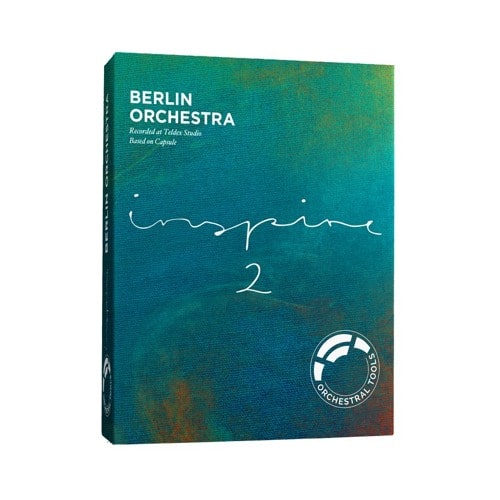

So Segol and Sere are both pronounced like the E in "let" not as in "they".

Vowels: In common with most Sephardim - and unlike Ashkenazi and modern Hebrew pronunciation - all S&P vowels are pronounced as pure vowels and not dipthongs. Hechal, the ark, is even today called the "Echal" Haskamot, the rules of membership of the kahal, are officially termed "Askamot" Sha'ar Hashamayim, the name of the kahal, is referred to in ancient documents as "Sa'ar Asamayim"Įtz Hayim, the society dealing with communal Torah publications is officially known as "Heshaim" - presumably this word was originally pronounces "Hes-Haim", but nowadays most people pronounce the "sh" as in "Shabbat" What remains unequivocally is a determination that the Ayin be pronounced - whether as "ng" or gutterally - but not ignored or treated as an "Aleph" as it is by many Ashkenazim.Īleph/Heh, Sin/Shin, Tzaddik: Although these letters are today pronounced the conventional way, mention should be made of some peculiarites in the transliteration of congregational terms containing them, indicating that two or three centuries ago they were pronounced differently (possibly due to English usage current at the time). However, due to the influence of modern Ivrit, as well as the dilution of the S&P with Sephardim from other lands, both these peculiarities are today largely ignored by lay members of the kahal, and even some of the ministers. So - for example - "Ba'avoor Daveed Avdecha" is transliterated in the choir's music books as "Ban-ga-boor Daveed N-gabdecha" (a source of endless amusement to younger members of the choir).

Apparently unable to pronounce a genuinely guttural sound like their eastern cousins (and unwilling to effectively ignore it like the Ashkenazim), they transliterated - and actually pronounced - the "Ayin" as "ng". Ngayin: The most distinctive S&P letter is Ngayin. As early as the first century BCE, the Roman poet Quinto Horacio Flaco quipped of Latin speakers from Spain: "Beati Hispani quibus bibere vivere est!" ("Those happy Spaniards, for whom 'to live' is 'to drink'!"). Note: I am not sure if this quirk is historically or linguistically related to the well known Spanish habit of pronouncing B and V the same - in fact I am inclined to think that it is not - but it may be worthy of note that that habit goes back a very long way. The S&P pronunciation of the Hebrew alphabet and vowels is generally in line with the Sephardi pronunciation used in modern Israel, with the following exceptions:īet/Vet: The S&P - like a number of other Sephardi communities - traditionally make no distinction between Bet with and without a dagesh, pronouncing both "Bet".


 0 kommentar(er)
0 kommentar(er)
